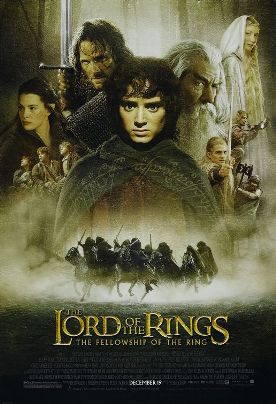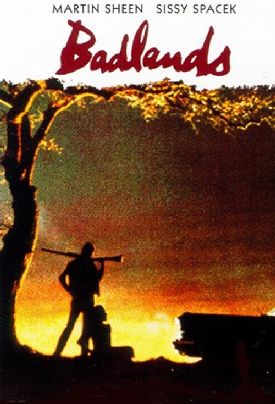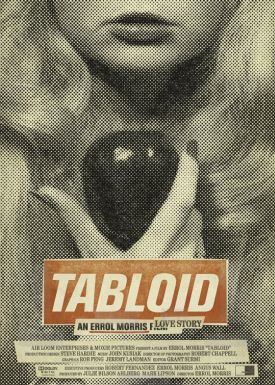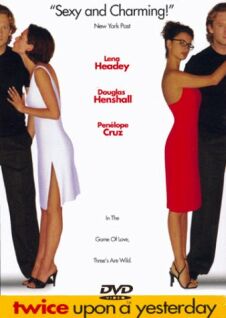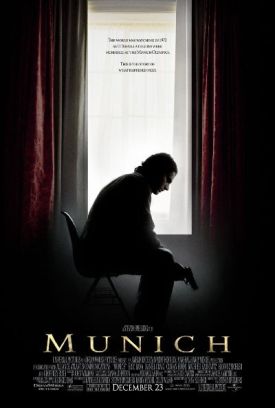Live Flesh (Carne Trémula)
Live Flesh by Pedro Almodovar begins with a scene, set on a lonely night in 1970, in which a baby is born on a bus on the way to the hospital. There is a comic bus driver and a comic older woman helping the baby be born. “If idiots like us didn’t give birth,” she says to the frightened young woman whose baby is on the way too soon, “the world would be empty or full of old people.” As part of the film’s purpose is to draw a contrast between the dark days under General Franco and the more enlightened present, it ends with a parallel scene: that baby, now grown, is the father of another baby who is coming too soon in a vehicle trying to negotiate the streets of Madrid. But now the sun is shining and the streets are thronged with happy people. Almodovar tells us that the difference is that Spaniards stopped being afraid a long time ago. This may seem a small point, but it is really central to the film. Somewhere in all of Almodovar’s pictures there is a similar political point being made: that fascism equals sexual puritanism equals misery; liberation from fascism equals liberation from sexual restraint equals happiness and fulfilment.
Wouldn’t it be nice to be able to believe it were true?
My guess is that large numbers of Almodovar’s audience do believe it, and the rest of us can just come along for the ride. And the laughs. Based on a novel by Ruth Rendell, Live Flesh (or Carne Tremula in Spanish) tells the story of the bus baby, Victor Plaza (Liberto Rabal), at 20, now a delivery boy for Pizza Hut, who has a hurried sexual encounter with Elena (Francesca Neri), the coked up daughter of an Italian diplomat. She doesn’t even remember him, but he is smitten with her and comes to her apartment when she is expecting someone else. She orders him out and threatens him with a pistol. He takes the gun away from her, but a shot is fired, bringing the police. One of the two policemen, Sancho (Pepe Sancho), is drinking heavily and brooding on his wife’s suspected infidelity. When Victor panics at their approach and takes Elena hostage, he threatens to shoot him and David (Javier Bardem), the other policeman, has to take his gun away from him. But when he almost has talked Victor into surrendering his own gun, Sancho leaps on him and there is a struggle. The gun goes off and David is shot in the spine and paralyzed for life. Victor is sent to prison for six years.
While Victor is inside, Elena cleans up and marries David, who becomes a star on the Spanish basketball team in the paralympics of 1992. Victor in jail seethes with anger at his lost youth and plots a curious revenge against both David and Elena. He also learns a trade, the Bible, kickboxing and some Bulgarian. When he gets out he finds that his mother has died and left him a small inheritance. He goes to his mother’s grave and speaks to her about the inheritance she has left him: a tumbledown shack and 150,000 pesetas. “How many tricks did you have to turn to make 150,000 pesetas?” he asks her. “At least 1000. And I get the same amount without ever having f*****. It’s not fair, however you look at it.” Having met Elena again, he may or may not begin to put his plan of revenge into action.
More of the plot cannot be told without spoiling some of what there is to be enjoyed about this film. The characters are also interesting and believable, for the most part, but the ending owes too much to Almodovar’s attempts to force them and their tragic entanglements into that unconvincing sunshine mentioned above. Still, his ideology has the virtue of being optimistic and cheerful, as ideologies go, and the picture is worth seeing for its sheer exuberance of spirit. Of how many movies can that be said today?
Discover more from James Bowman
Subscribe to get the latest posts to your email.



